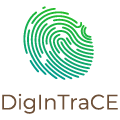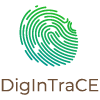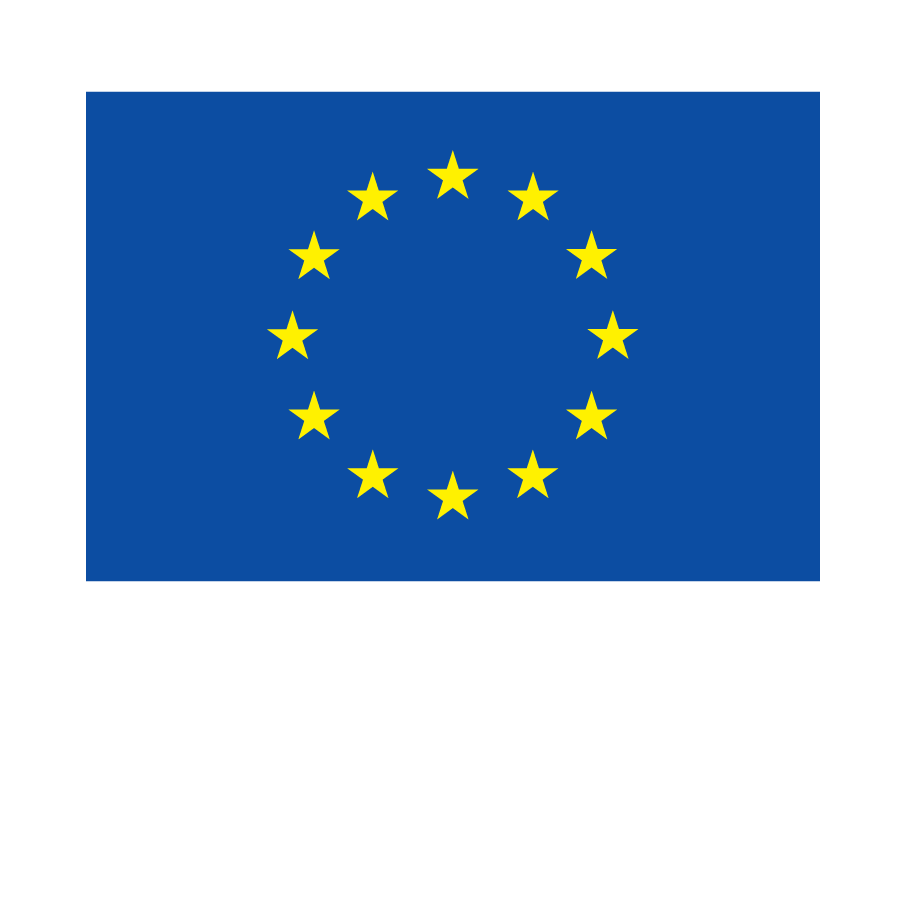In today’s interconnected world, traceability has emerged as a powerful tool for ensuring transparency, compliance, and sustainability across industries. It goes beyond simply tracking the movement of goods; traceability creates an unbroken chain of information that follows products from origin to end-of-life. In doing so, it helps businesses meet rising consumer demands for accountability and ethical practices, comply with regulatory standards, and optimize their environmental impact.
Consumers today are no longer just concerned with the products they buy—they want to know the story behind those products. They want to be assured that their purchases are not only high quality but also ethically produced and sustainably sourced. This shift in consumer values has forced companies to reexamine their supply chains and increase transparency at every stage. This is where traceability steps in, providing a powerful mechanism to tell that story and verify claims.
Consider the wood and furniture industry, where transparency is crucial to combating illegal logging and promoting sustainable practices. Imagine purchasing a beautifully crafted wooden chair. You scan a QR code on the product tag, and instantly, you are provided with a detailed history of the wood used to make the chair—its origin, the forest it came from, the responsible logging practices employed, and the journey it took through the supply chain to your home. This simple action reinforces trust, as the consumer is assured that their purchase supports sustainable forest management and legal sourcing. This level of transparency not only builds consumer confidence but also allows companies to showcase their commitment to environmental responsibility in a tangible, verifiable way.
This example demonstrates how traceability can act as a bridge between ethical sourcing and consumer confidence. For businesses, this transparency can translate into a competitive advantage, as consumers increasingly favor brands that embrace responsible practices. It can also serve as a safeguard against fraud. In industries where counterfeiting and unethical sourcing are rampant—such as the luxury goods market, electronics, pharmaceuticals, and even furniture—traceability systems act as a protective layer, ensuring that only legitimate, ethically produced goods make it to market.
Beyond these consumer-facing benefits, traceability is also a cornerstone of regulatory compliance. As supply chains grow more complex and global, so do regulatory requirements. Governments and regulatory bodies are increasingly demanding that companies provide detailed documentation about the origin, processing, and distribution of products—particularly in industries with significant environmental or ethical impacts.
In the wood industry, for example, traceability helps companies comply with stringent regulations aimed at preventing illegal logging and promoting sustainable forestry practices. With robust traceability systems in place, companies can document every stage of their supply chain, from the forest to the final product. This ensures that the timber used in their products comes from legal sources, adheres to sustainable harvesting practices, and meets all regulatory standards. Moreover, this traceable chain of custody serves as a safeguard against fraud, ensuring that counterfeit or illegally sourced products do not enter the market. The value of traceability in compliance extends to industries such as plastics and fabrics, where regulations surrounding waste management, recycling, and energy efficiency are growing more stringent.
In DigInTraCE, we are developing a Blockchain Traceability System (BCTS) designed to create a comprehensive record of a product’s lifecycle. By incorporating blockchain technology, we ensure that the information recorded along the supply chain is immutable and secure, creating a transparent and tamper-proof record of a product’s journey.
Our focus has been twofold: first, to identify the information flow within the supply chain, and second, to accurately map the entire value chain. This allows us to follow a product’s journey from raw material to finished good, uncovering causal relationships that can help businesses improve their processes. For example, by tracking how materials are sourced and used, companies can identify inefficiencies, reduce their environmental footprint, and optimize resource use. In doing so, they not only enhance transparency but also position themselves to meet regulatory requirements more effectively.
In addition to these traditional traceability metrics, we are integrating sustainability and circularity parameters into our system, guided by standards such as ISO 59014. Beyond tracking basic details such as origin, quantity, and processing, we also monitor key sustainability metrics, including waste and water management, energy consumption, and end-of-life handling. This holistic approach to traceability gives businesses a clearer understanding of their environmental impact and allows them to make more informed decisions about how to reduce waste, conserve resources, and improve the sustainability of their operations.
The future of business is traceable. In industries such as wood, plastic, and fabrics—where environmental impact and ethical sourcing are increasingly scrutinized—traceability is more than just a logistical tool; it’s a gateway to greater transparency, enhanced compliance, and improved sustainability. By implementing robust traceability systems, businesses can track the origins, production, and distribution of their products with unprecedented accuracy, fostering trust with consumers and regulators alike. And as the world continues to demand more openness, accountability, and environmental stewardship, traceability will play a central role in shaping a more responsible, sustainable future for business.
For companies ready to embrace this shift, the benefits are clear: enhanced consumer trust, better regulatory compliance, and a more sustainable approach to operations. Traceability is not just a tool for the future—it’s an essential component of the responsible business practices of today.
This blog post was created by Nikolaos Markatos and Kyriakos Kandris, Research Fellows at Imperial College London.


